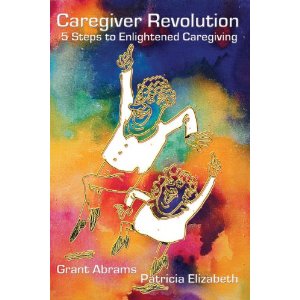Got this notification from a friend. I haven’t examined it in detail but on the surface it looks like a good thing…if it can get through the legislative channels…
We are excited about progress in the California Legislature and want to
share the good news with you right away. If it passes in the full
Legislature, Compassion & Choices’ Right to Know End-of-Life Options Act
will be the first law of its kind in the nation. Patients will gain the
right to receive full and frank disclosure of all their legal
end-of-life options, if they ask for this information. Our usual
opponents, Right-to-Lifers and radical disability activists, oppose even
the right to a candid conversation! But with the state’s medical
association at our side in this fight, we believe we will be able to put
this bill on Governor Schwarzenegger’s desk by autumn.
The California State Assembly voted 41-32 Wednesday on the Terminal
Patients’ Right to Know End-of-Life Options Act, AB 2747 (Berg-Levine).
Upon a dying patient’s request, the Right to Know End-of-Life Options
Act requires a physician to provide counsel on the range of care options
available. These options include hospice care, voluntary stopping eating
and drinking, refusal or withdrawing of life-sustaining treatments,
palliative care and palliative sedation.
The bill will serve as a national model for conversations about
end-of-life care.
“We know from research terminally ill patients do not always get all the
information they want,” said Assemblywoman Patty Berg, a bill co-sponsor.
In California, she pointed out, three out of four terminally ill
patients don’t access hospice until just a few days before they die.
Thirty years ago, California led the nation by giving people the right
to express their wishes for health care in advance. It’s time to take
this next step to ensure that terminally-ill patients have all of the
information that they need to make timely and informed decisions
regarding their care. Information and counseling regarding end-of-life
care options is essential for many terminally ill patients and their
families. It can help the patient weigh all of their options and make an
informed decision that best meets their needs. It gives the physician an
opportunity to discuss the benefits and disadvantages of all available
treatments, and it can facilitate earlier access to hospice care.
“Dying patients needlessly suffer due to a lack of essential
information,” said Compassion & Choices President Barbara Coombs Lee.
“As a result, many spend their last days in agony. Too many patients
make the most important decision of their lives — how they will spend
their final days — without being fully informed of their legal rights.”
The Right to Know Act will now go to the California Senate for
consideration.


